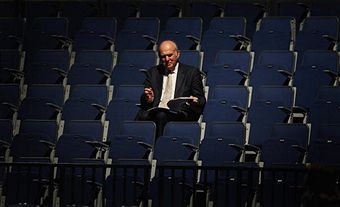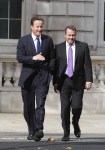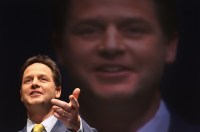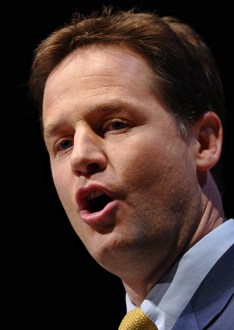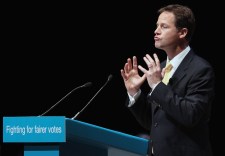Vince’s land tax land grab
There was one notable bit of kite flying in Vince Cable’s speech earlier, an indication that he wants the next Liberal Democrat manifesto to contain a commitment to a land tax. This would give the party a distinctive policy going into the next election. With the proceeds of a land tax, they could abolish stamp duty and still have a lot of fiscal wriggle room allowing it to propose increasing the income tax threshold or spending more on certain public services. There’s already work going on in Lib Dem circles on how to model a land tax and to find how much revenue it would raise. Here’s the key section
